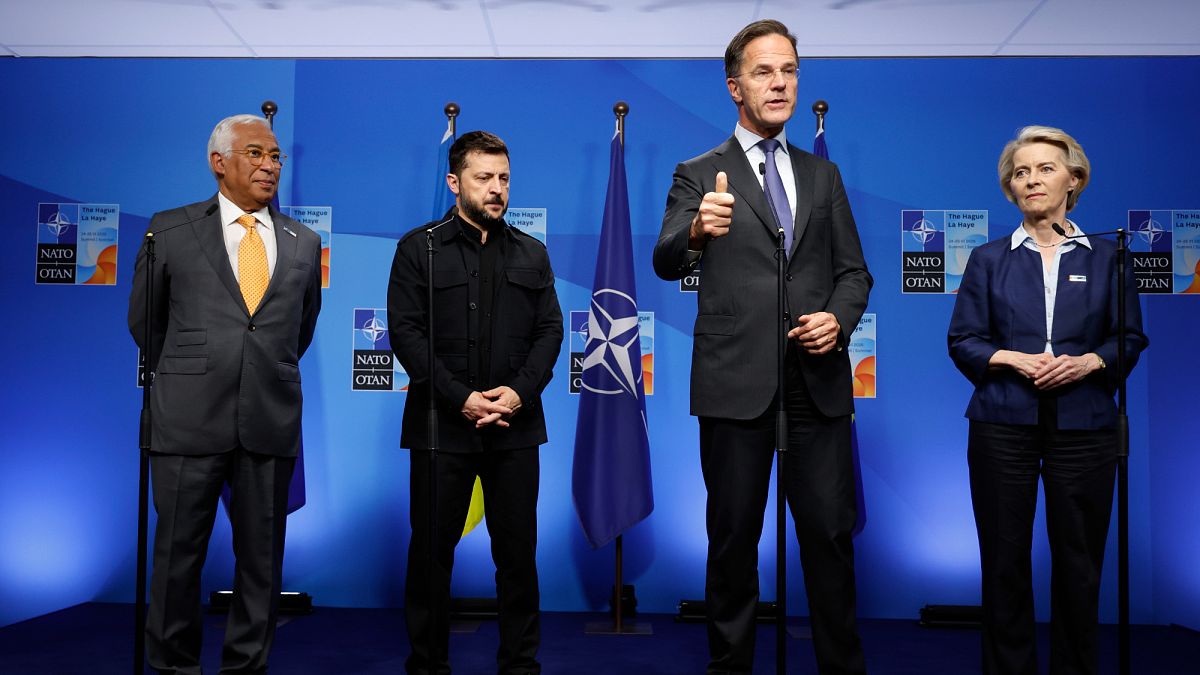

The global defense landscape is undergoing significant transformations, as evidenced by recent developments across NATO members and their allies. As geopolitical tensions fluctuate, countries are adapting their strategies and forming new partnerships to reinforce security and stability.
At the recent NATO summit in The Hague, heightened security measures were prominently displayed. The Netherlands initiated Operation Orange Shield, a comprehensive security initiative deploying military and police resources, including drones, fences, and roadblocks, to ensure the safety of attending heads of state. This effort highlights the ongoing commitment to prioritize safety amid evolving security challenges.
In tandem with ground efforts, NATO’s air policing mission remains a critical component in safeguarding the skies above the summit. An 11-hour flight with the French military demonstrated the intricate operations of NATO’s air defense capabilities, showcasing dedication to maintaining a secure airspace over international gatherings.
The shifting dynamics of international relations have also prompted countries to reevaluate their strategic alliances. Canada and the European Union recently inked a defense pact, underscoring a fortified commitment to mutual security interests. This agreement comes amid strained relations with the United States under the Trump administration. It signals a renewed focus on collective defense initiatives, supporting Ukraine and addressing global challenges such as climate change and advancements in artificial intelligence.
NATO, adapting to these new realities, embraces moves like the UK’s decision to enhance its military capabilities by joining a NATO nuclear aircraft mission with the purchase of 12 fighter jets. Such decisions reflect bolstered defense commitments welcomed by NATO leadership, reinforcing the alliance’s collaborative defense efforts.
Meanwhile, other global regions continue to navigate political turmoil. In a noteworthy decision, Israel opened its airspace following a ceasefire deal with Iran. This development facilitates more regular transportation options for Australians seeking to leave the region, marking progress toward stability. The Australian government remains vigilant, monitoring conditions to ensure safe and regular departures for its citizens.
As these events unfold, they signify a broader trend of realignment and adaptation among NATO members and their allies. Countries are not only investing in military preparedness but are also forging new pathways for cooperation and support. These measures reflect a determined push toward reinforcing global security, even as traditional alliances encounter challenges.
The shifting sands of international politics continue to inspire nations to seek innovative solutions and partnerships. As alliances strengthen and security measures evolve, the collective aim remains to foster a secure and stable global environment, encouraging collaboration, innovation, and peace.
Source: {link}
